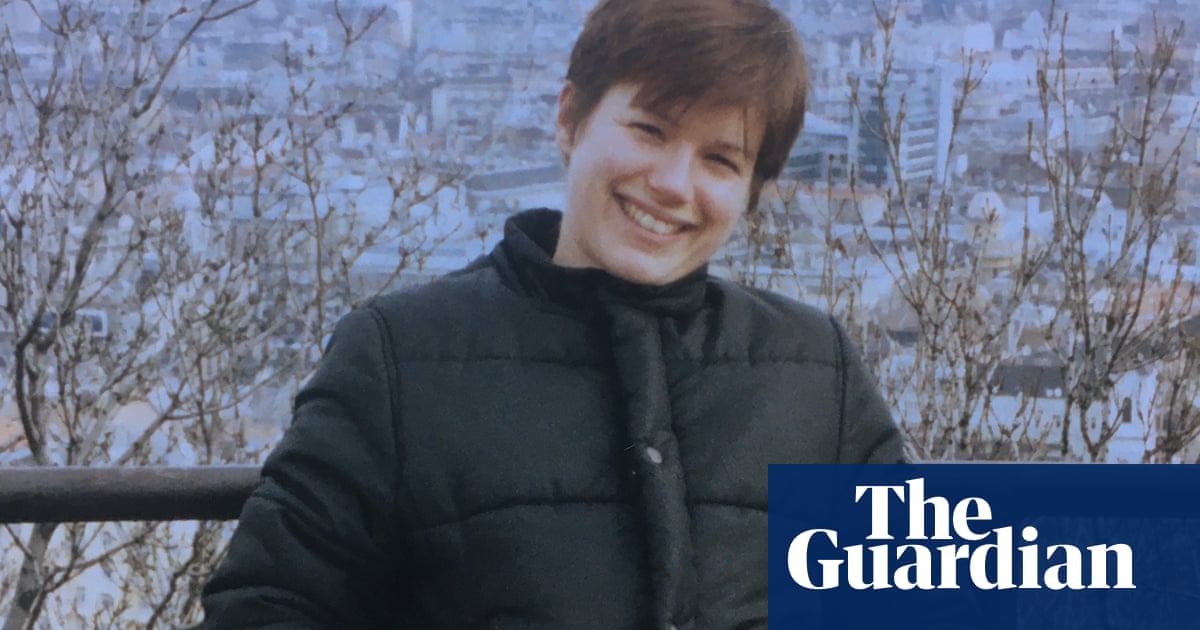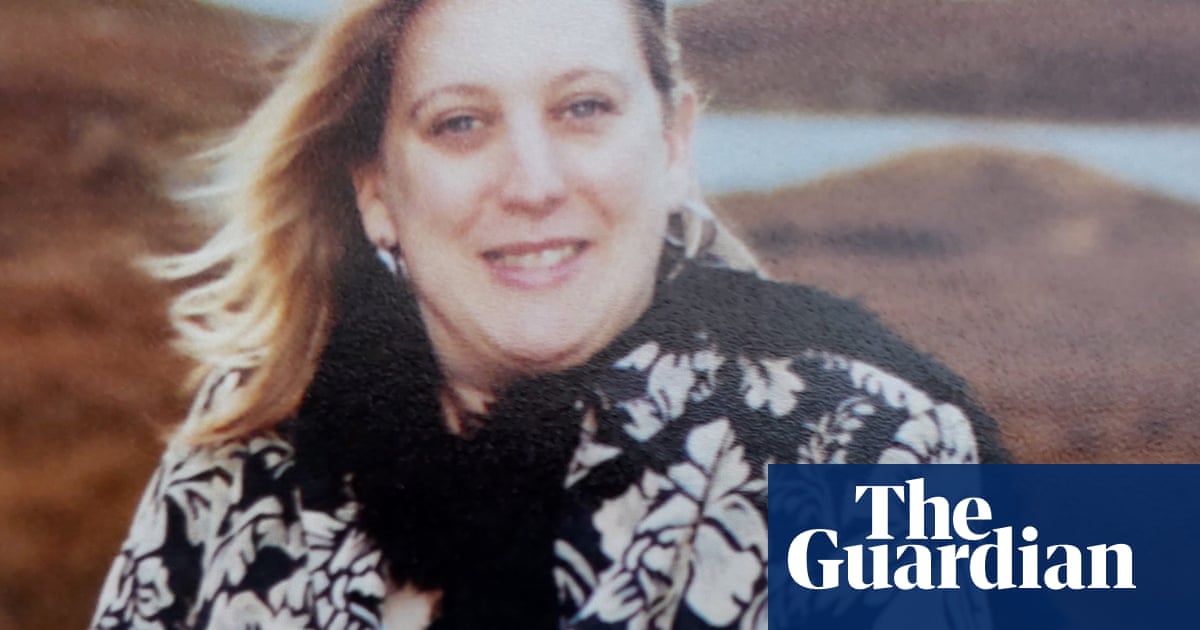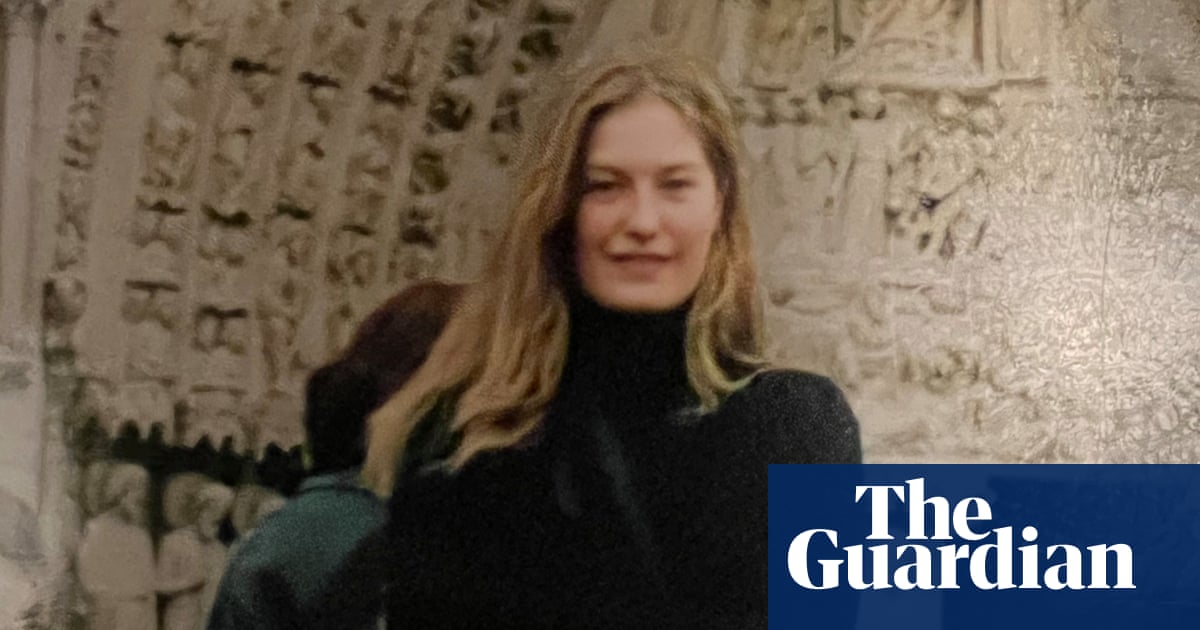
Twenty years ago, I took six months out from my NHS job as a psychologist to embark on a round-the-world trip. But, when I fell in love with scuba diving and took a job as a cook on a dive boat on the Great Barrier Reef in Queensland, Australia, I called my boss in England to tell her I wouldn’t be coming back.
After two days based at the diving school, the students would board a boat for a three-day trip. It was me they came to with their worries: “Are there sharks on the reef?”; “Are they dangerous?”; “Is it pitch black on a night dive?” I was the cook, but my psychology skills were put to good use.
That morning on the boat, two of the instructors were going on an “early one”, and they asked me if I wanted to go with them. They said the best time to dive was 6am, when the fish were waking and feeding on the coral, and the sun on the water was dazzling. They were planning a short, deep dive. They were two of the most experienced divers, but also two of the most competitive. I felt slightly out of my comfort zone, so I declined. I regretted it as I watched them sink beneath the millpond surface.
After such a deep dive, they should have resurfaced after 22 minutes. At 45 minutes, the remaining crew and I were anxiously scanning the water. It was the deckhand who noticed that neither of the divers had taken their digital compasses.
As time ticked by, my terror grew. We organised rescue helicopters from the mainland, while attempting to keep the potential catastrophe a secret from the scuba-diving students. But, after 90 minutes we had to cancel their training dive, and the skipper was forced to explain the situation.
It wasn’t until another hour later that a passenger spotted a tiny glint of silver on the horizon. It was miles from where the divers had gone into the water. The skipper went to investigate – and, eventually, our divers were picked up, safe and well. Swept away by strong currents on their dive, and without a compass, they had been unable to reorient themselves to the position of the boat. Consequently, they had surfaced a long way off and only stopped themselves from drifting further by wedging some equipment into the coral. The glint of silver was a watch, aimed at the sun to reflect a signal to passing boats.
Once back on board, they were subdued, and, while we all knew there would be a safety review by the dive company, they appeared to downplay the experience. But I saw it on their faces: the terror of having been in the middle of the open water, small dots bobbing in a wide expanse of blue.
It could have been a tragedy, but was, luckily, just a salutary reminder of the power and unpredictability of the sea – and the way a flat, calm surface can mask a wild undercurrent.
Later that evening, drinking beer under the stars, I thought about my split-second decision not to go with them. I felt it was something to do with their experience and their competitiveness, and I thought about my own novice anxiety – my almost obsessive need to check and recheck my equipment before getting into the water. I began to wonder why neither instructor had taken a compass, given how often I had heard them preach about the importance of safety.
These two instructors knew the dive site well. They were highly skilled, having probably clocked up more than 10,000 dives between them, yet they put themselves in a vulnerable situation by going underwater without a piece of vital diving equipment. Perhaps being revered on a sun-drenched boat made it hard to stay grounded.
This experience had a profound impact on me, and when I eventually returned to the NHS in the UK, it informed the way I worked with my teams. While experienced staff members have huge skills to impart, so too do novices, and I went out of my way to encourage the voices of new arrivals: how did they see the situation? Where was the risk? Fresh eyes can be vital in what might feel like a tired and complacent system. Once, when I was facilitating a “lessons learned” session on an obstetrics ward, it turned out that a student midwife had averted a life-threatening disaster. Several others present admitted they had been concerned about a mother having difficulties in labour, but because the medical director and another senior consultant were not, they kept quiet. However, the student who had learned about this particular rare condition for an exam the week before, and had no idea who the consultants were, blurted out her concern, correctly diagnosing the problem. The fact that it was her first day on a placement was significant, as, a few weeks later, she might have recognised the senior clinicians and kept quiet.
Like the diving instructors on the boat, surgeons and some other professionals can be revered; afforded God-like status. And sometimes they should be idolised for the brilliance of their skill and expertise. But experts are human: they can miss things and they make mistakes. We cannot leave it to the novice to speak up and wave the red flag. We need to encourage a culture of openness and learning in organisations.
I often think of those two divers: their youth, vitality and confidence, and the rush of joy I felt when I knew they were safe. And I think of how that brush with death on a boat in the middle of the Coral Sea made me aware of the complexity of decision-making. How we need to remember that reverence can become a smokescreen that obscures our vision in life-and-death situations. It is ironic too, that it was the carefree holiday job that gave me the fundamental life experience I use in my work as a psychologist today.












